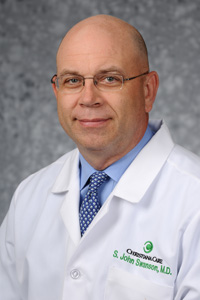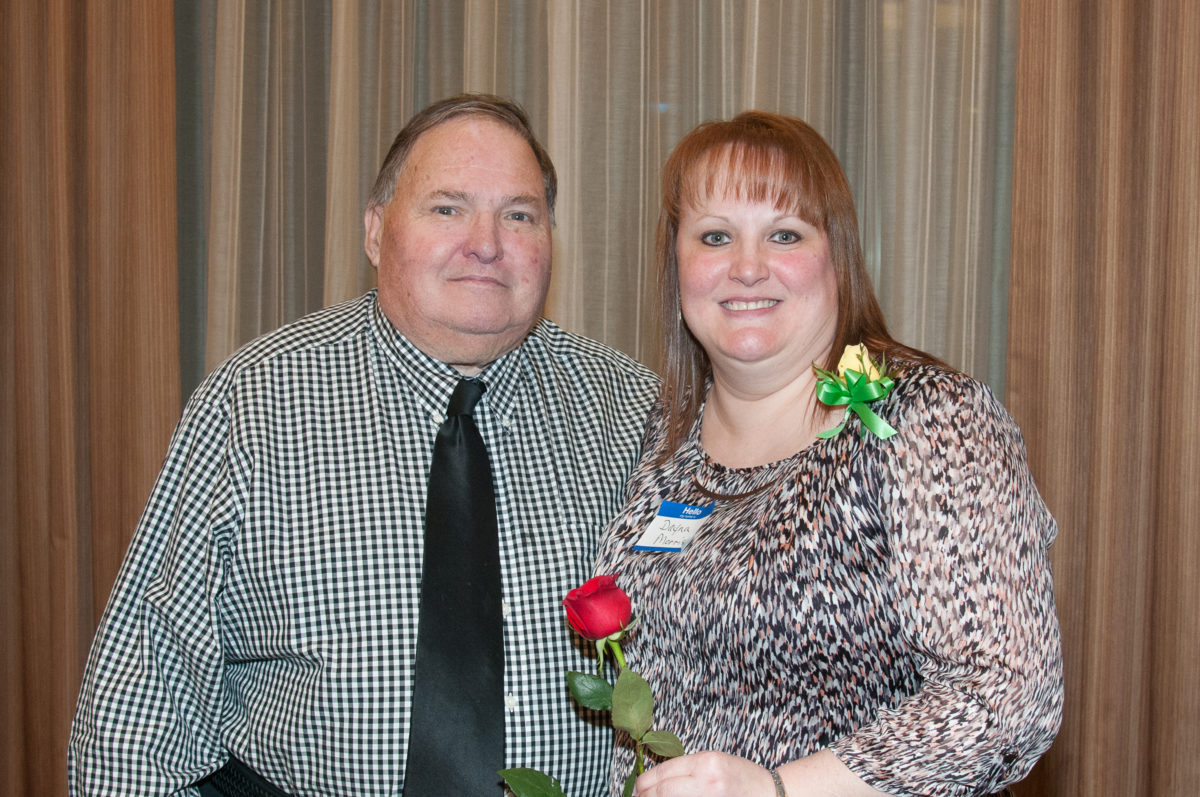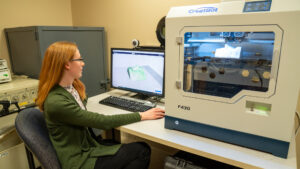An only child, Dayna Morris has always been very close to her mom and dad. Every Saturday night, Morris and her husband would go out to dinner with her parents.
Then her dad, James Claxton, lost his appetite. After more than 20 years as a person with diabetes, his kidneys were failing. He was on dialysis three days a week. One of the side effects was an unpleasant, metallic taste in his mouth.
“Nothing tasted good,” he said. “I was tired out.”
That was in 2012. Claxton’s doctors recommended a kidney transplant. He consulted with the kidney transplant team at Christiana Care, an easy drive from his home in Pennsville, New Jersey, and the only adult transplant center between Philadelphia and Baltimore.
He learned that the wait for a kidney from a deceased donor could be as long as five years. A live donor would eliminate that wait. Outcomes for transplants involving live donors are significantly better.

“With a living donor, recovery is quicker, and the organ is less likely to be rejected,” said S. John Swanson III, M.D., surgical director for the Kidney Transplant Program. “The kidney also begins working faster and continues working longer because the kidney is usually healthier and outside the body for less time than one from a deceased donor.”
Claxton did not ask his daughter if she would be tested to see if she was a match.
It was Morris who suggested it.
“His color was horrible, he lost a ton of weight—and I could fix this,” said Morris, who was then 40. “As an only child, I felt that I was my father’s best shot.”
At the transplant center, she underwent extensive psychological and medical testing.
Both her husband and her father had lots of questions regarding the safety of the procedure.
“They answered every single question,” Claxton said. “Everyone in the transplant program was extremely professional, as well as friendly and compassionate.”
During her tests, Morris learned that she needed a hernia repair. The team consulted with another surgeon so that she could have that operation at the same time she was donating a kidney.
Her transplant surgery was performed by Dr. Swanson. Her father’s surgeon was Velma P. Scantlebury, M.D., FACS, associate director of the Kidney Transplant Program.
Eight weeks after she donated the kidney, Morris was back at work as an advanced math teacher.
Four years later, both father and daughter are doing well. They quickly reestablished their tradition of having dinner together each Saturday.
“My dad has a better quality of life. He isn’t hooked up to a dialysis machine for four hours three times a week,” she said. “It’s great seeing him enjoying his food.”
Claxton says he feels better at 70 than he did when he was 60.
“I’m back playing golf. I go to the gym two or three times a week,” he said. “My daughter gave me a whole new lease on life.”



